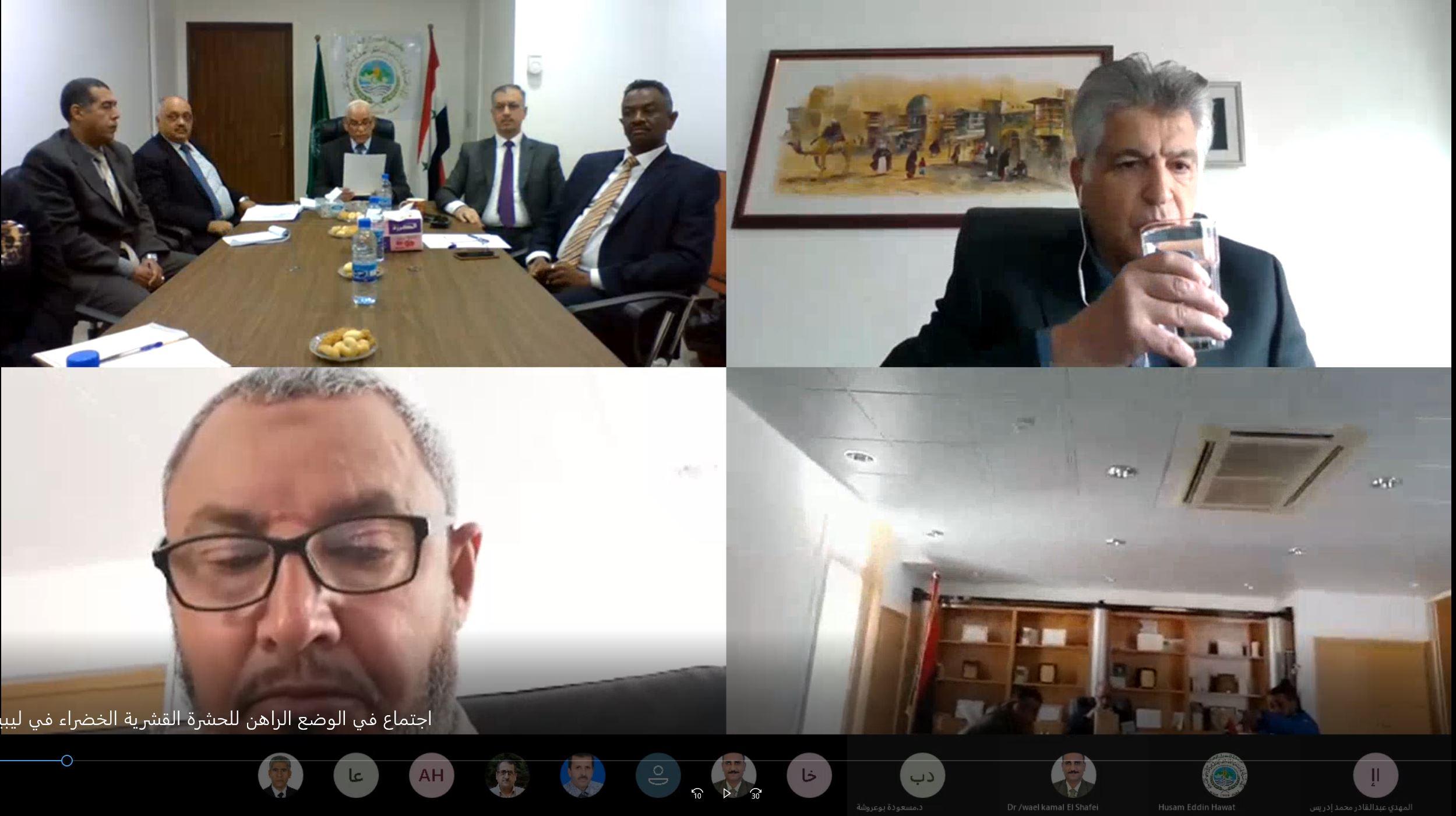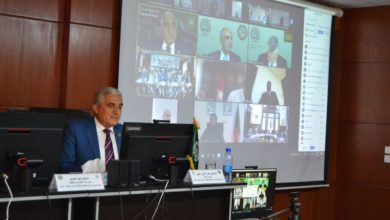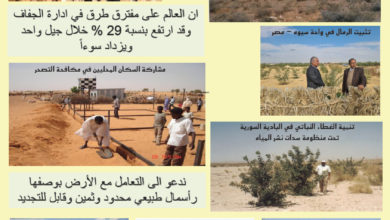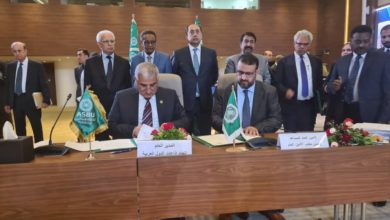A scientific symposium on the Scale Insect in Libya.. at ACSAD’s headquarters.
The scientific symposium conducted by the Arab Center for the Studies of Arid Zones and Drylands on the current situation of the green Scale Insect in Libya called via video conference for adopting the specific fields surveys to identify the severity of the injury and adopting the good agricultural operations for combating this insect in the best way.
It also recommended at the conclusion of its work for the adoption of using the agricultural soap and winter oils and evaluating its efficiency to eliminate the pest, avoiding the pollution by the rest of the chemical pesticide residue, eliminating the pesticide in irrigation water, searching for the parasites and predators in the Libyan environment, and evaluating its efficiency in the field.
In the presence of the representative of the Libyan Agriculture and Livestock, Dr. Masouda Bou Aruosha, the head of The Arab Society for Plant Protection, Dr. Ibraheem Al-Jabouri, and more than fifty participants from 13 Arab countries at the symposium discussed many axes, most of which important were the spreading history of the Green Scale Insect and its geographical distribution in Libya, the National Center’s role for Plant Health in pest control, and the integrated management in combating the Green Scale pest.
The Director of the Prevention Department at the National Centre for Prevention and Agricultural Quarantine in Libya, Engineer Saleh Al-Dobri, the Scientific Adviser at the Centre, Dr. Amer Kareem, the Director of horticulture crops center in the Sudani Agriculture Research Commission, Dr. Fatemah Abdull- Ra`ouf, and the researcher at the Center of integrated combating research at the Agricultural Research Commission in Sudan, Dr. Dafullah Al-Eseed had presented valuable lectures on the current situation of the scale insect in Libya.
The participants expressed their great appreciation to ACSAD’s Director-General, Dr. Nasr Edin Obaid, for conducting this symposium and his guidance, which were positively reflected in the discussion process and recommendations resulted from it.




